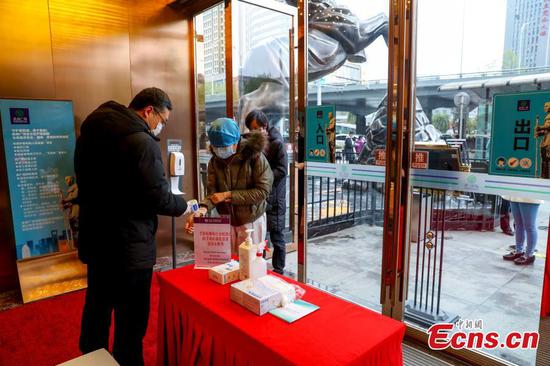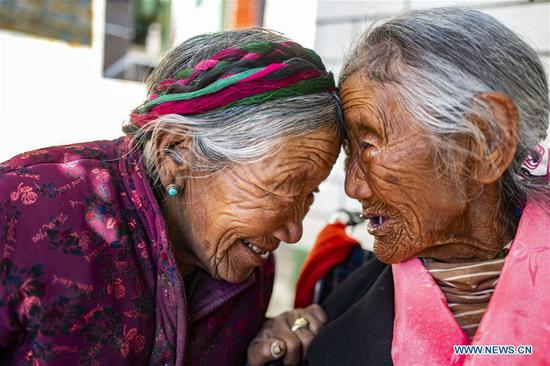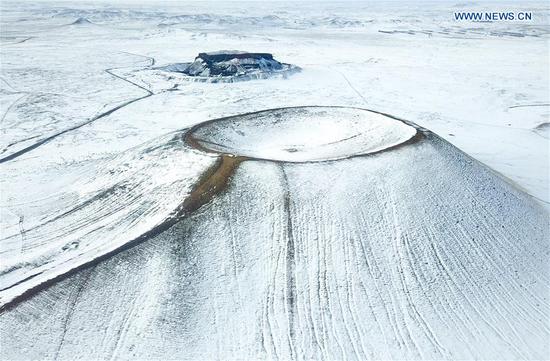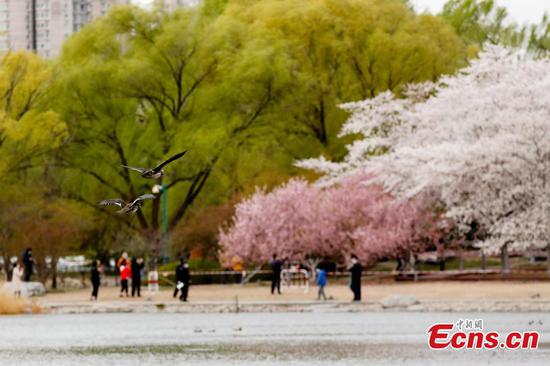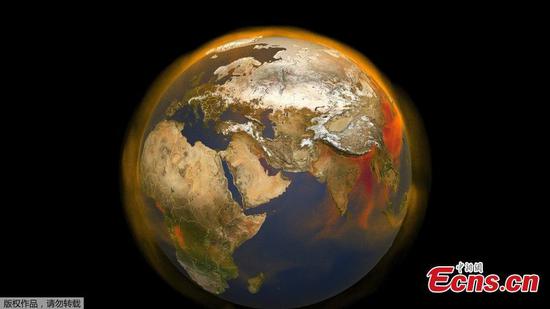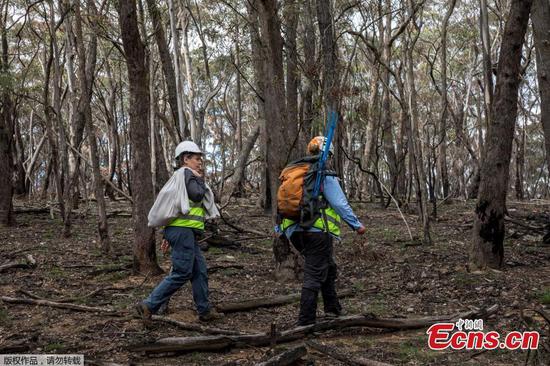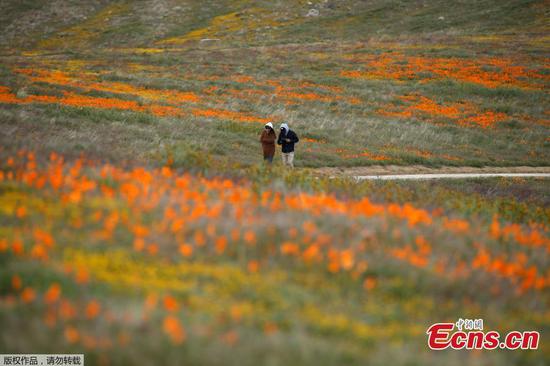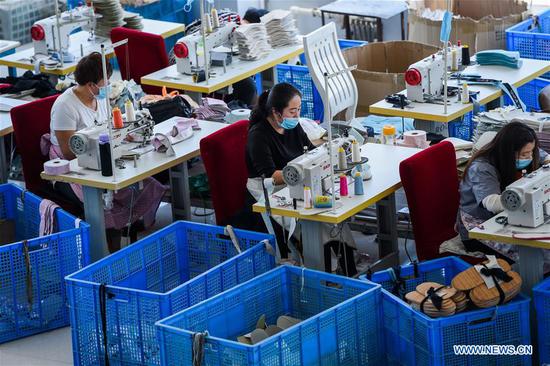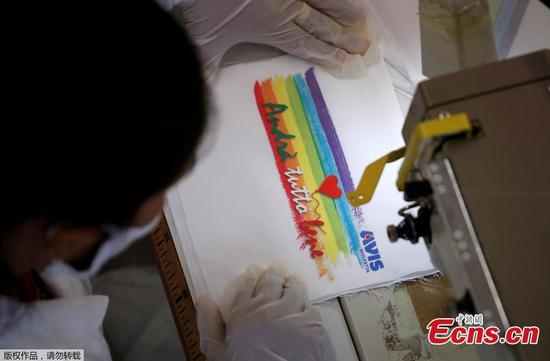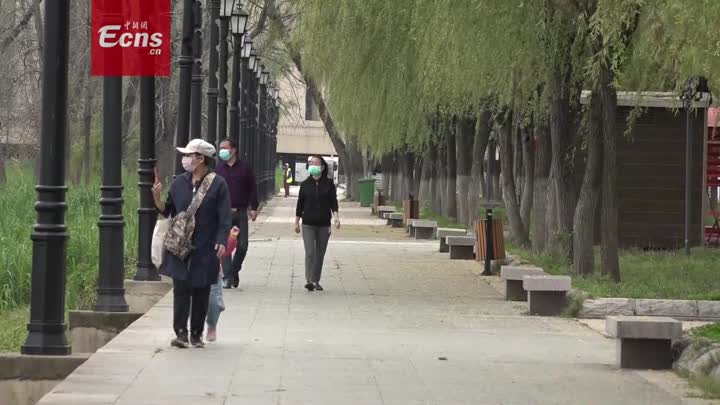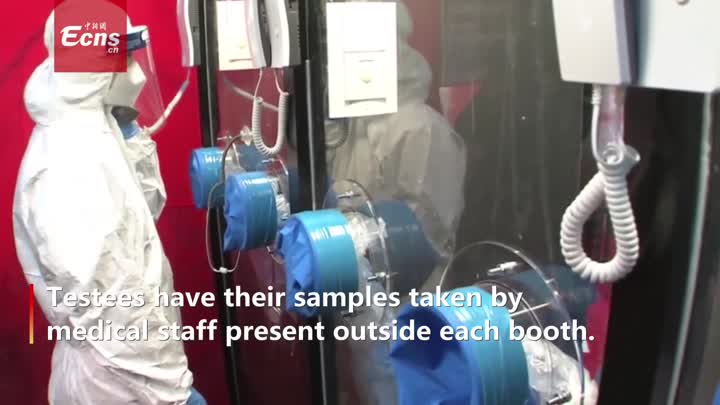As scientists worldwide work around the clock on tracking the mysterious origin of the COVID-19 pathogen, Chinese experts warned against following the example of some U.S. politicians who have hyped the question for political purposes and interrupted the investigation.
In an article published on Nature on Thursday, two scientists who took samples from the Wuhan seafood market said the "genome sequences of 'environmental samples' - likely surfaces - from the market have now been obtained and phylogenetic analysis reveals that they are very closely related to viruses sampled from the earliest Wuhan patients."
But "not all of the early [COVID-19] cases were market associated, it is possible that the emergence story is more complicated than first suspected," wrote Professor Zhang Zhenyong from the Shanghai Public Health Clinical Centre and the School of Life Science at Fudan University, and Edward Holmes, from the School of Life and Environmental Sciences and the School of Medical Sciences at the University of Sydney.
While many people in the West, especially some politicians and media outlets in the U.S., believe the virus originated at a seafood market in Wuhan, Central China's Hubei Province, Robert Garry, a professor at Tulane University School of Medicine, told the ABC News on Friday that was a misconception.
"Our analyses, and others too, point to an earlier origin than that," said Garry, who is also the author of a new study on the origins of the virus that concluded that the pandemic-causing strain developed naturally.
That natural theory opposed popular conspiracy theories that COVID-19 was engineered in a lab as part of a biological attack on the U.S..
"There were definitely cases there [the seafood market in Wuhan], but that wasn't the origin of the virus," Garry said.
Early in January, seven Wuhan doctors published an academic paper in the Lancet after examining a cluster of 41 patients among the first batch of people diagnosed with COVID-19.
They found the first patient had no contact history with the market.
This paper was the first to throw into question the conclusion that the virus originated in the seafood market.
In late February, researchers from Xishuangbanna Tropical Botanical Garden affiliated with the Chinese Academy of Sciences and the Chinese Institute for Brain Research analyzed genomic data from 93 samples of the novel coronavirus. They suggested the coronavirus was introduced from outside the market.
Several experts reached by the Global Times said the COVID-19 may have multiple birthplaces around the globe.
Given the complexity of the disease and limited knowledge so far, experts said people should not rush to a conclusion, and instead they should respect science.
Even the widely believed theory that bat or pangolin was the origin of the virus has been challenged.
An article published in Nature on February 26, "Mystery deepens over animal source of coronavirus," suggested pangolins were the prime suspect, but a slew of genetic analyses has yet to find conclusive proof.
A Beijing-based expert on epidemic prevention and control, who asked not to be named, said that regardless of the origin - China, the U.S. or somewhere else - it was a question of science, not politics, which required cautious investigation based on science and facts.
"If the politicians, especially some in the U.S. government, would like to hype it for political purposes to pass the buck, that will surely interrupt scientists from doing their jobs," the expert said.
"We should be honest and humble to science. We are not making any claim to totally exclude any possibility. Regardless of origin, the country or region should not be blamed as a criminal, as it could be the first victim of this disaster for the whole humanity," the expert said.
People with a limited knowledge of the virus at the outbreak would surely make mistakes. But a whole country and people should not be blamed, he warned.









